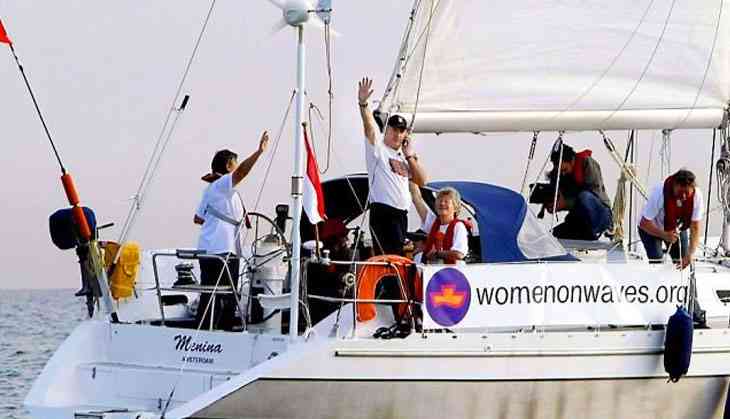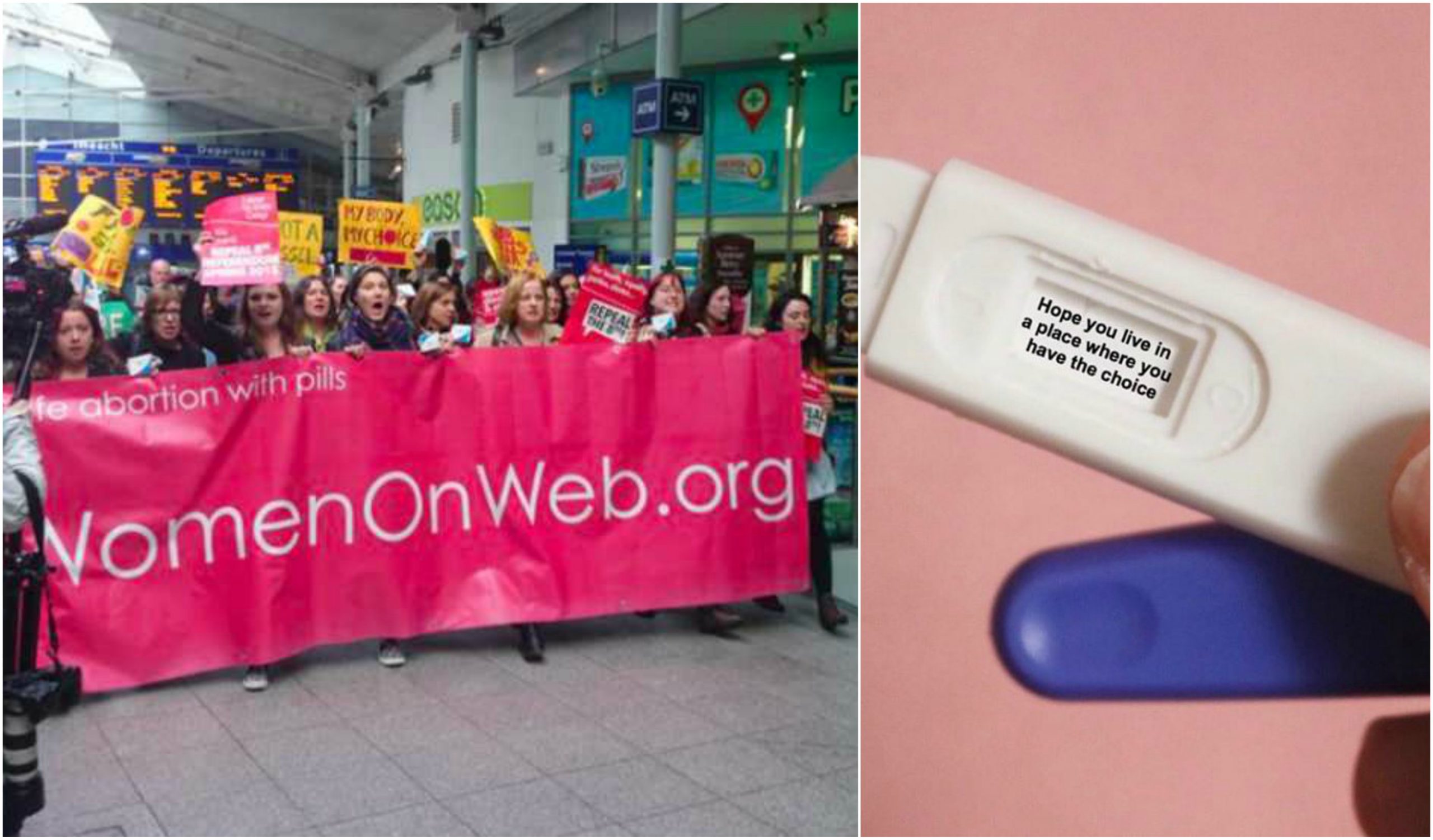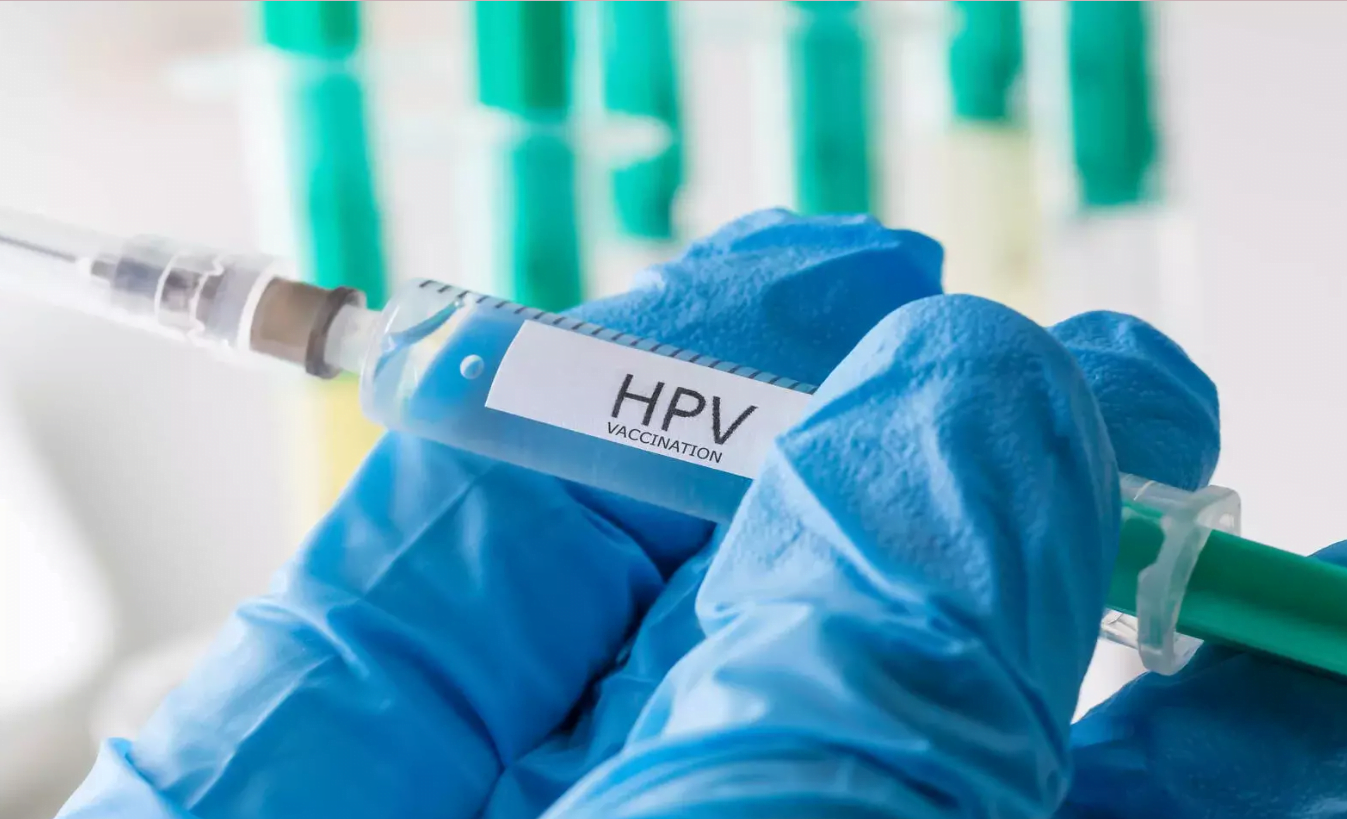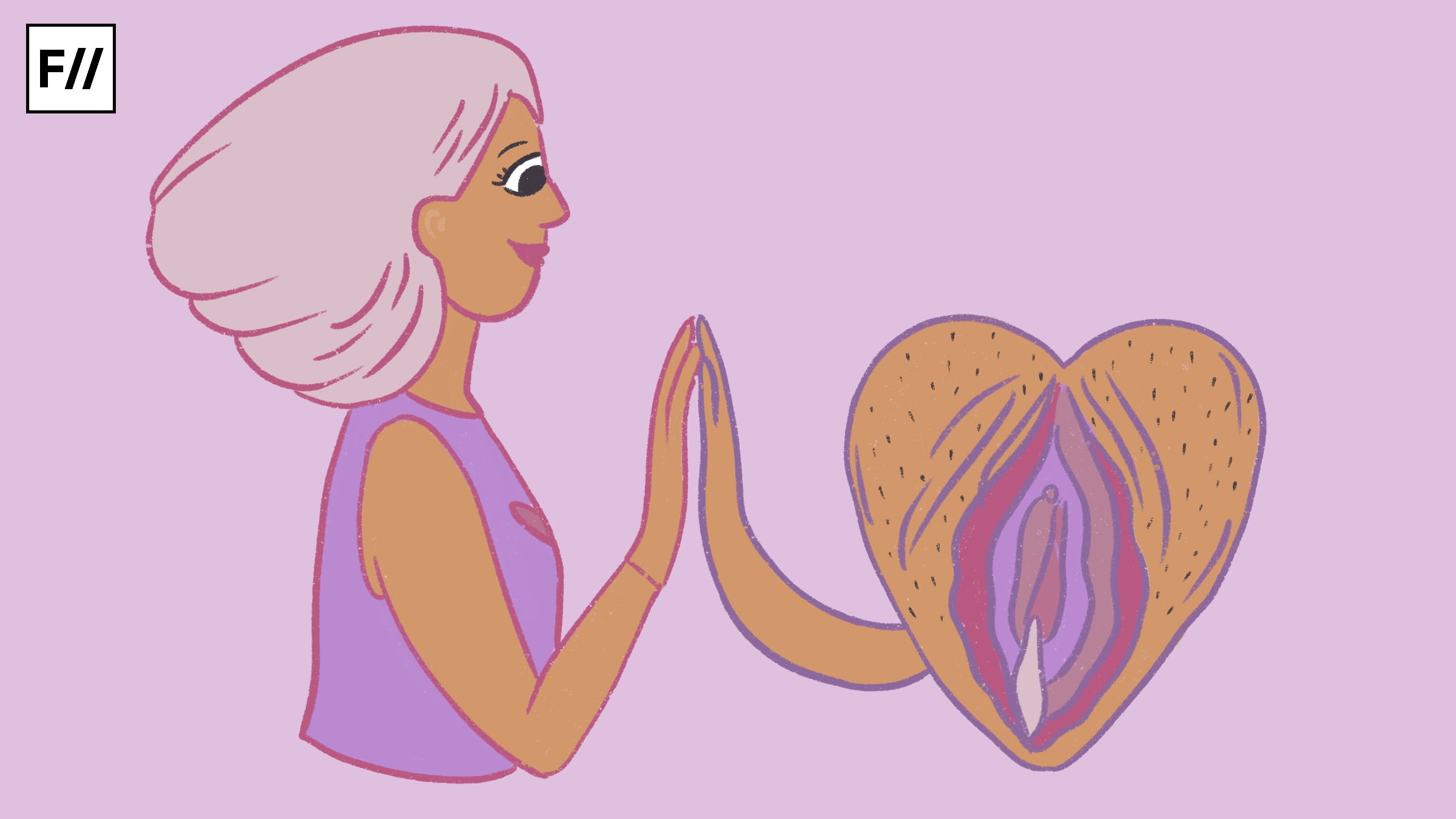Legal abortion means that the law recognizes a woman as a person. It says that she belongs to herself. But in most countries, women’s ability to access safe and legal abortions is restricted. Even places where abortion is permitted by law, women often have severely limited access to safe abortion services because of the stigma attached to it, the lack of proper regulation, health services, or political will. There are seven legal grounds on which abortion is permitted—to save a woman’s life, to preserve a woman’s physical health, to preserve a woman’s mental health, rape or incest, foetal impairment, socio-economic factors and on request. According to a report by Women on Waves, approximately 25% of the world’s population lives in countries with ‘highly restrictive abortion laws’—that is, laws which either completely ban abortion, or allow it only to save the mother’s life. And, performing abortion on a woman’s request is allowed only in 30% of countries. To bridge the gap between the 30% and the rest of the world, the online service Women on Web makes safe abortion accessible to every women around the world.
Who Are These Women On Web?
Women on Web is a non-profit organisation that provides early medical abortion through online telemedicine, which was originally founded by Dr. Rebecca Gomperts, a Dutch physician in 2005. It is based in the Netherlands to aid women living in countries where there is no legal access to medical abortion thereby reducing deaths and injuries due to unsafe abortion.

How Does It Work?
A woman who is living in a country where access to safe abortion is restricted and who is less than 10 weeks pregnant is expected to fill a consultation of around 25 questions. A doctor reviews the medical information on the form and, if clinical criteria are met, provides a prescription according to the World Health Organisation (WHO) recommended dose regimen for medical abortion. The pills, mifepristone and misoprostol are then delivered by post.
According to a report by Women on Waves, approximately 25% of the world’s population lives in countries with ‘highly restrictive abortion laws’—that is, laws which either completely ban abortion, or allow it only to save the mother’s life. And, performing abortion on a woman’s request is allowed only in 30% of countries. T
Women either make a donation to support the service or, if they cannot afford to do so, the service is donated to them. Real time instruction about how to use the medications, as well as help and support during and after the abortion process, are provided by a multilingual specially trained help-desk team.
Radical Ways Of Making Abortion Accessible
Back in 2016, when the traditional and conservative Northern Ireland criminalized abortion, the Women On Web team delivered abortion pills through drones. “The point of today’s flight is to show that no matter whether abortion is illegal in Northern Ireland or the Republic of Ireland, women will access abortion pills,” Women On Web founder Dr. Rebecca Gomperts told NBC News. “The law has to be updated to reflect the reality…The government has to stop violating women’s rights.” Eventually in October, 2019 the 158-year-old abortion laws of Nothern Ireland were banned incompatible with the United Kingdom’s human rights commitments and abortion was legalized.
Also read: The Denial Of Abortion Services In India: In Quotes From Doctors & Patients
Prior to Women On Web, Dr. Gomperts kick started Women on Waves in 1999. This non-governmental organisation provides abortion related services in international waters. Services like contraception, individual reproductive counselling, workshops, and education about unwanted pregnancy are provided to women and men learn about contraceptive practices and non-surgical, DIY abortion using RU-486, colloquially known as the abortion pill.

These services are provided on a commissioned ship that contains a specially constructed mobile gynecological clinic, the A-Portable. When Women On Waves visits a country, women make appointments, and are taken on board the ship. The ship then sails out approximately 12 miles, to international waters, where Dutch laws are in effect on board ships registered in the Netherlands. Once in international waters, the ship’s medical personnel provide a range of reproductive health services that includes medical abortion.
Prior to Women on Web, Dr. Gomperts kick started Women on Waves in 1999. This non-GOVERNMENTAL organisation provides abortion related services in international waters. Services like contraception, individual reproductive counseling, workshops, and education about unwanted pregnancy are provided to women and men learn about contraceptive practices
In 2002, Holland’s Minister of Health, Els Borst, permitted medical personnel on board the Women On Waves boat Aurora to offer pregnant women RU-486. The permission was given on the condition that the abortion pill would only be used to terminate pregnancies of up to nine weeks and would be provided in the presence of a gynaecologist. Since then, Aurora has sailed to Ireland, Poland, Portugal, Spain, Morocco, Guatemala.
The fear of jeopardizing all the other works of Women On Web to the American anti-abortion movements, Dr. Gomperts started “Aid Access“ in United States, a separate service with the same mission in order to mitigate the risk to Women On Web. “There’s such an aggressive anti-abortion movement that will do anything they can to close down services,” said Dr.Gomperts to The Atlantic. “It’s a very rich country,” she added. “The problem there is caused by the huge inequality in the society. There’s no reason the situation in the U.S. should be the way it is.”
She said that the service was fully legal and complies with the Food and Drug Administration‘s personal importation rules. As of October 2018, Dr. Gomperts had already sent 600 women abortion pills via the US Postal Service.
Internet: The future of Abortion
Abortion is a highly emotional subject, one that excites deeply held opinions and criminalizing that has turned a ‘private matter’ into a ‘political issue.’ Where abortion is safe and legal, no one is forced to have one. Where abortion is illegal and unsafe, women are forced to carry unwanted pregnancies to term or suffer serious health consequences and even death.
Also read: The MTP Act And Why Women Should Have The Absolute Right To Abortion
Women, took it to themselves to normalise self-managed abortion and not by any pro-choice leader. Since the advent of abortion pills and online telemedical organisations, medical abortion can be done safely at home as long as there is access have good information and emergency medical care in the rare case that there are complications.
References
- Women on Web official Website
- NBC News
Feature Image Source: Cecile




